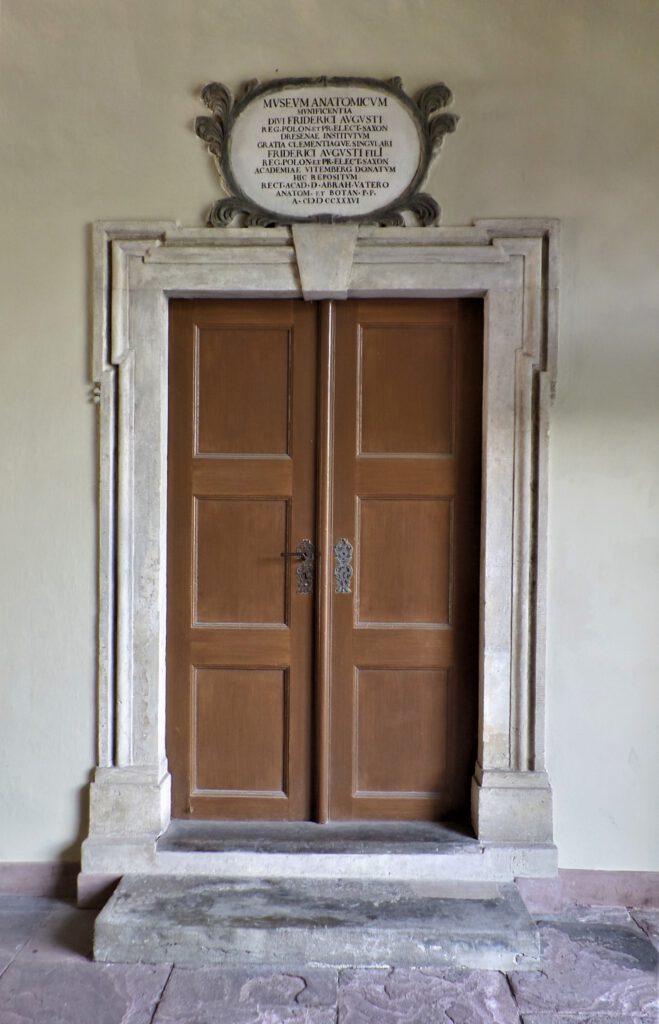In terms of its radiance, the Medical Faculty of LEUCOREA stood in the shadow of the other three Wittenberg faculties. Already its start was unfortunate to bumpy. When the university was founded in 1502, the Medical Faculty was completely orphaned. It is somewhat ironic that the only physician at the university was its founding rector, Martin Pollich von Mellerstadt, who, however, did not succeed in establishing the medical faculty by appointing professors in the following years. The precarious state of affairs finally prompted an appeal by the students to the Saxon elector in 1517, in which they asked for the professorships to be filled. It was not until 1518 that Peter Burckhard was appointed the first professor of medicine.

According to the statutes of 1508, two professorships were to be located at the faculty, one for theory and one for practice. With the foundation of 1536 a third professorship was added. In the statutes of 1572, the responsibilities of the professorships were newly regulated: In addition to the theoretical and practical professorship, the holder of the third professorship was to be responsible for anatomy, pharmacology and sections of the human body. However, a surgical professorship was initially still missing.
In the 16th century, the faculty was hardly able to generate supra-regional significance. It was rather individual professors such as Augustin Schurff and Caspar Peucer who enjoyed a high reputation. However, the Medical Faculty benefited from the work of Philipp Melanchthon, even though he was not a member of the faculty. He played a decisive role in the humanistic orientation of medicine in Wittenberg and beyond.
In the 17th century, it was above all Daniel Sennert who carried the name of LEUCOREA into the world in the field of medicine and had a lasting influence on medical science. However, little has changed in the finding that Wittenberg university medicine was able to assert a certain supra-regional relevance more in relation to individuals and certain phases. This became more and more evident in the 18th century, when medical science was modernized in theory and practice and in this process experience-based, rational and experimental concepts became decisive. LEUCOREA often lagged behind this development, which was evident, for example, in its appointment policy or lack of medical facilities and institutes.
The medical faculty also had a variety of influences on the health and social welfare system in Wittenberg and the region. Doctors, licentiates and also professors worked as general practitioners, whereby professors were required to ensure that their practice did not have a negative impact on teaching. The faculty had important responsibilities, especially with regard to supervisory and examination duties. These increased over time in connection with the expansion of the early modern institutional and administrative state, also in the area of health.
The Faculty of Medicine supervised the pharmacies, worked out pharmacy taxes, assisted in the swearing-in of pharmacists and prepared expert opinions on drugs. It also examined barbers, wound doctors, surgeons and midwives. Finally, she wrote expert opinions and faculty pronouncements on matters of public health care or in legal proceedings.

